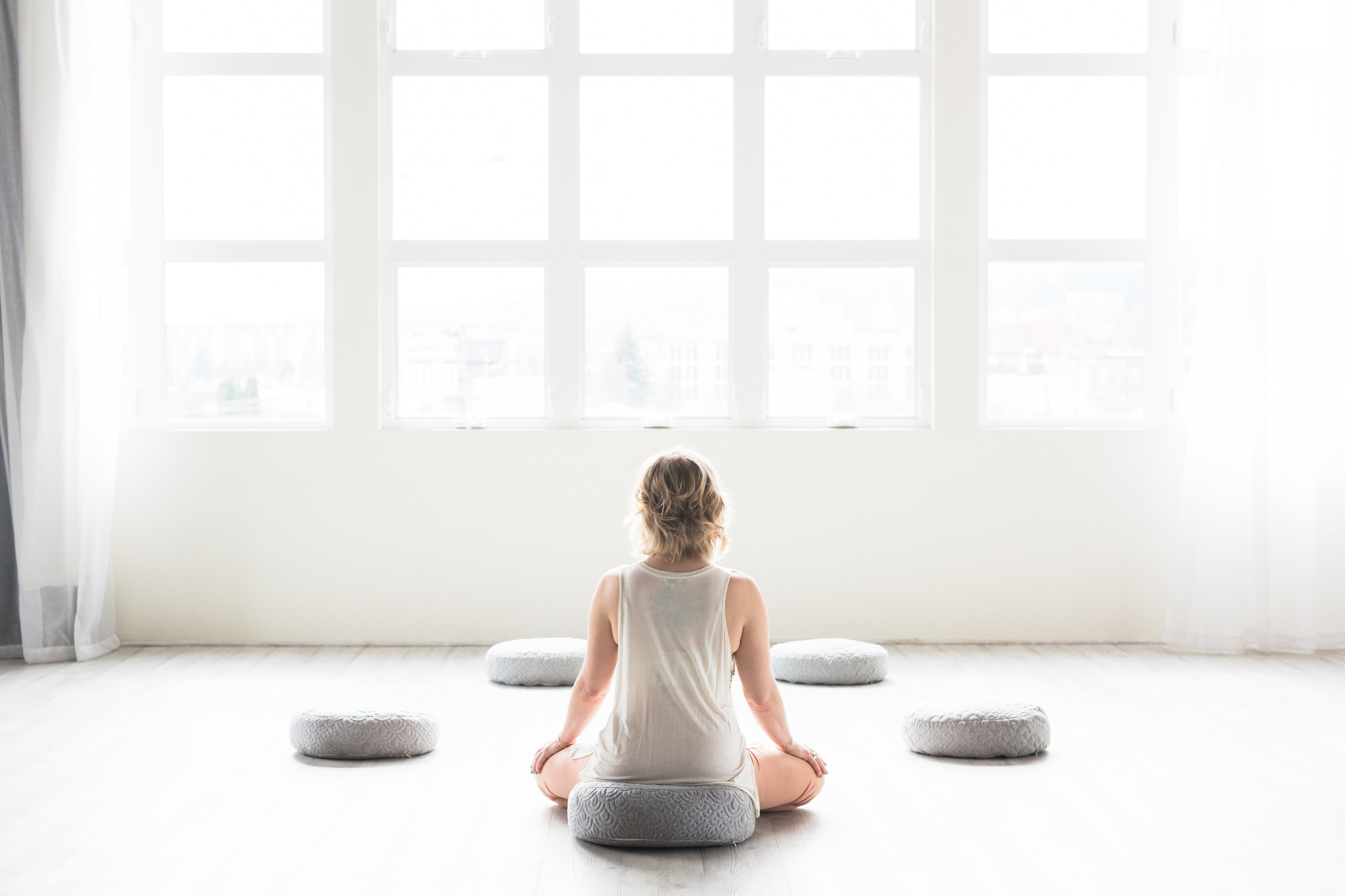How Sun Exposure Affects Your Body’s Internal Clock
Sunlight plays a crucial role in regulating your body’s internal clock, or circadian rhythm, which controls essential functions like your sleep-wake cycle and hormone release.
Proper alignment with natural light is key to maintaining overall health, but what happens when you also undergo skin treatments like IPL (Intense Pulsed Light) or LED (Light Emitting Diode) therapy? Let’s explore the relationship between sun exposure, circadian rhythms, and these popular skin treatments.
1. Light as a Time Setter
Natural sunlight is the most significant factor in setting your internal clock. Daylight exposure helps synchronize your body’s rhythm with the external environment, ensuring that your body functions correctly at the right times. However, when you undergo skin treatments like IPL or LED, it’s essential to understand their impact on your circadian rhythm. These treatments use specific wavelengths of light to address skin concerns, but they are not substitutes for natural sunlight when it comes to regulating your body’s internal clock.
2. Melatonin and Cortisol Regulation
Sunlight directly impacts the production of melatonin, the hormone responsible for sleep. During the day, exposure to sunlight suppresses melatonin, helping you stay awake and alert. As the sun sets, melatonin levels rise, signaling that it’s time for sleep. Sunlight also influences cortisol, a hormone that peaks in the morning to boost energy and alertness. Morning sun exposure enhances this natural cortisol spike, improving your mood and overall wakefulness. For additional help on regulating your stress hormones at night, try Cortisol Manager. While IPL and LED treatments can improve skin health, they do not provide the full spectrum of light needed to regulate these hormones, highlighting the importance of natural sunlight exposure.
3. Mood and Well-being
Sunlight increases serotonin production, a brain chemical that regulates mood and contributes to feelings of well-being. Regular exposure to natural light can improve mood and support a healthy sleep-wake cycle.
Does Wearing SPF Affect Sunlight’s Benefits?
Wearing SPF doesn’t completely block the benefits of sunlight for your circadian rhythm. SPF protects your skin from harmful UV rays but allows visible light, particularly blue light, to penetrate and reach your eyes and skin, which is crucial for maintaining your internal clock.
Balancing Sun Protection and Vitamin D
Balancing sun protection with vitamin D synthesis is essential, especially after skin treatments like IPL or LED, which often require sun avoidance. Brief, unprotected exposure to sunlight—about 10-30 minutes, depending on skin type and UV index—can be sufficient for vitamin D production. For those who regularly use SPF or undergo these treatments, consider vitamin D supplements or foods rich in vitamin D, such as fatty fish, fortified dairy products, and egg yolks, to maintain optimal levels.
Incorporating safe sun exposure into your daily routine can support both your internal clock and overall health, all while protecting your skin from harmful effects. One of our favorite ways to protect your skin and enhance free radical protection is Pavise Dynamic Skin Recovery.
*This blog and website do not provide medical advice. It is intended for general informational purposes only and does not address individual circumstances. It is not a substitute for professional medical advice, diagnosis or treatment and should not be relied on to make decisions about your health. Always check with your own healthcare provider before taking a new supplement and before making any significant diet, lifestyle, exercise or other changes. Never ignore professional medical advice in seeking treatment because of something you have read on this site. If you think you may have a medical emergency, immediately call your doctor or dial 911.













